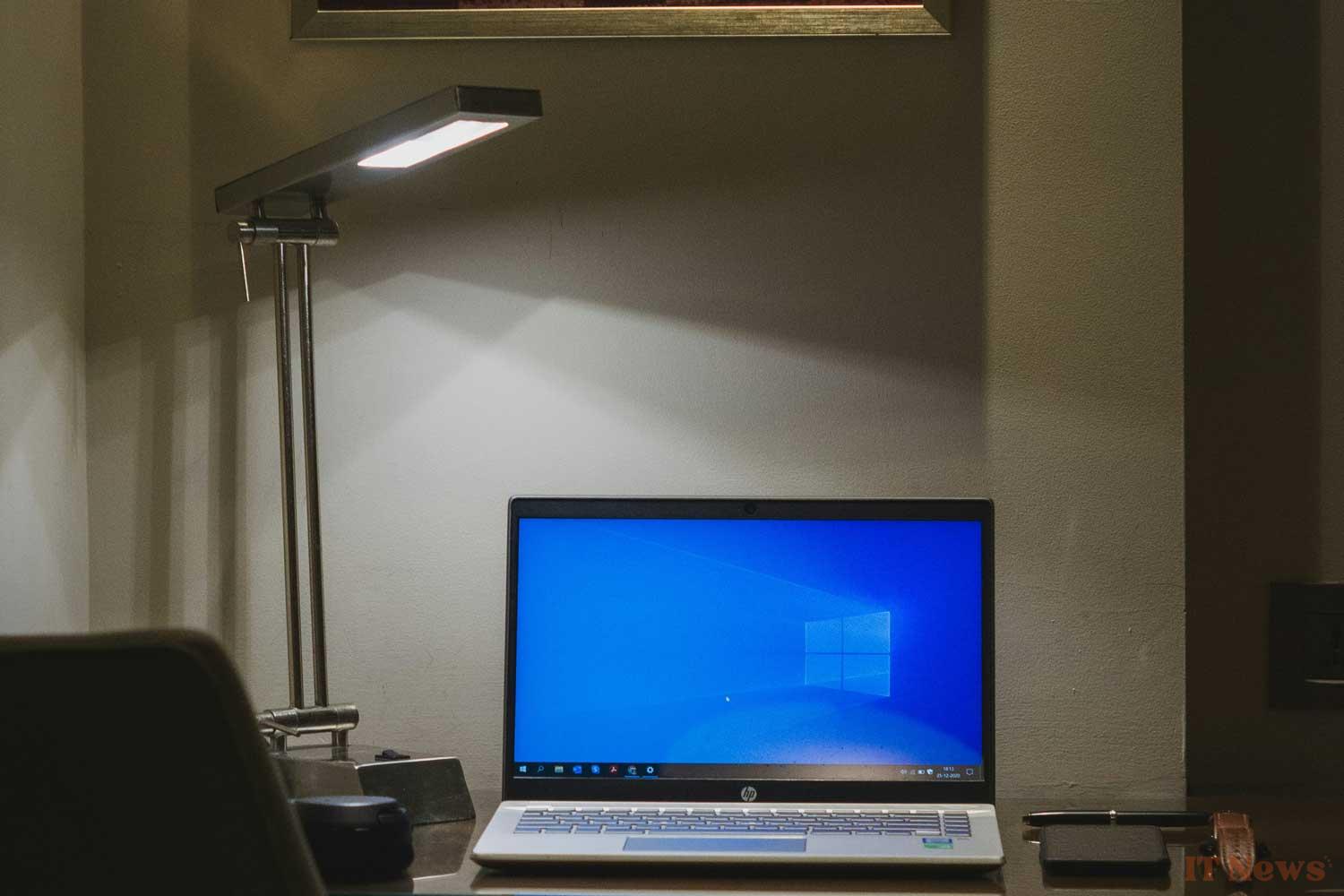Microsoft wants to definitively turn the page on Windows 10 and keeps reminding people that support for its old operating system will end on October 14, 2025. The countdown has begun for users who have been dragging their feet to upgrade to Windows 11, and the company is stepping up its communication. It is sending emails to users, warning them of upcoming security risks and encouraging them to buy new devices compatible with Windows 11.
In its message, Microsoft warns that "the end of support for Windows 10 is approaching". The Redmond company adds links to check the compatibility of the PC with Windows 11 or to buy a new one. The message is accompanied by a list of questions and answers that Windows 10 users might have. According to StatCounter, Windows 10 is still the most widely used Windows system in the world today. It has a market share of 58.7% in February 2025, compared to 38.13% for Windows 11.
The company reiterates that it will stop providing free updates, technical support, and security patches as of October 14, 2025. It adds that the Windows 10 computer will continue to work, but it will no longer be protected against vulnerabilities. Microsoft also mentions the possibility of recycling or trading in an old PC and assures that "Windows 11 is the most secure Windows ever". This strategy seems more sales-driven than user-focused, and that should definitely be a concern.
A forced and costly transition: the Microsoft way
Microsoft has a reputation for aggressive communication strategies, as it did with the launch of Windows 11 or with the Edge browser. However, the message is misleading and ignores other options, starting with the Extended Security Updates (ESU) program. Surprisingly, the company does not directly mention this official program, which allows individuals to continue receiving security patches for the operating system after the official end of support. For the sum of $30, a Windows user will receive security updates for an additional year.
An offer is also available for businesses, with a price of $61 per device for the first year. "The price doubles each consecutive year, for a maximum of three years," specifies the American company. The general public is probably not a target for Microsoft, which avoids the subject and prefers to promote Windows 11.
The American giant's speech also suggests that a PC running Windows 10 is "old" and must be exchanged or recycled. Even if a computer, desktop or laptop, does not meet Microsoft's criteria for installing Windows 11, it is far from obsolete. Rather than pushing for the premature recycling of functional equipment, some are ignoring Microsoft's restrictions.
No, a Windows 10 PC does not necessarily have to be sent for recycling
For our part, we are much more tempted to remind you that the Linux alternative is far too neglected. For too many years, free distributions and free software have not been sufficiently promoted. However, switching to Linux offers advantages that make it an attractive option for Windows 10 users. The first argument is obviously the price and the zero cost of switching to Linux.
Unlike Windows, Linux is free and open source, and users can save the money they would have spent on a new PC or a Windows 11 license. In addition, Linux (depending on the distribution) is known for its lightness and performance, especially on older hardware. If your machine is a bit older, switching to Linux can give it a new lease of life.
Furthermore, Linux systems are generally less vulnerable to malware and viruses, offering better protection without requiring additional investment. They are also known for their stability, requiring fewer reboots.
Finally, Linux allows for extensive customization, allowing users to adapt their system to their specific needs. There are several hundred active distributions with different interfaces, allowing everyone to find the one that suits their needs.
Linux: an ecological and economical choice
By encouraging recycling or the purchase of new PCs, Microsoft is overlooking the environmental impact of this approach. The production of new electronic devices generates a significant carbon footprint and contributes to the depletion of natural resources. Opting for Linux extends the lifespan of existing equipment, thus reducing electronic waste.
Contrary to popular belief, migrating to Linux has become much more accessible. Modern distributions like Ubuntu or Linux Mint offer intuitive user interfaces, similar to those of Windows. In addition, software compatibility has greatly improved, with numerous alternatives to common Windows applications. In recent years, the emergence of online services has also made it easier to migrate to the Linux universe.
If you're interested in this topic, let us know in the comments. We'll have the opportunity to delve deeper into the subject by discussing the distributions to favor and the steps to follow to move from Windows to Linux.



0 Comments